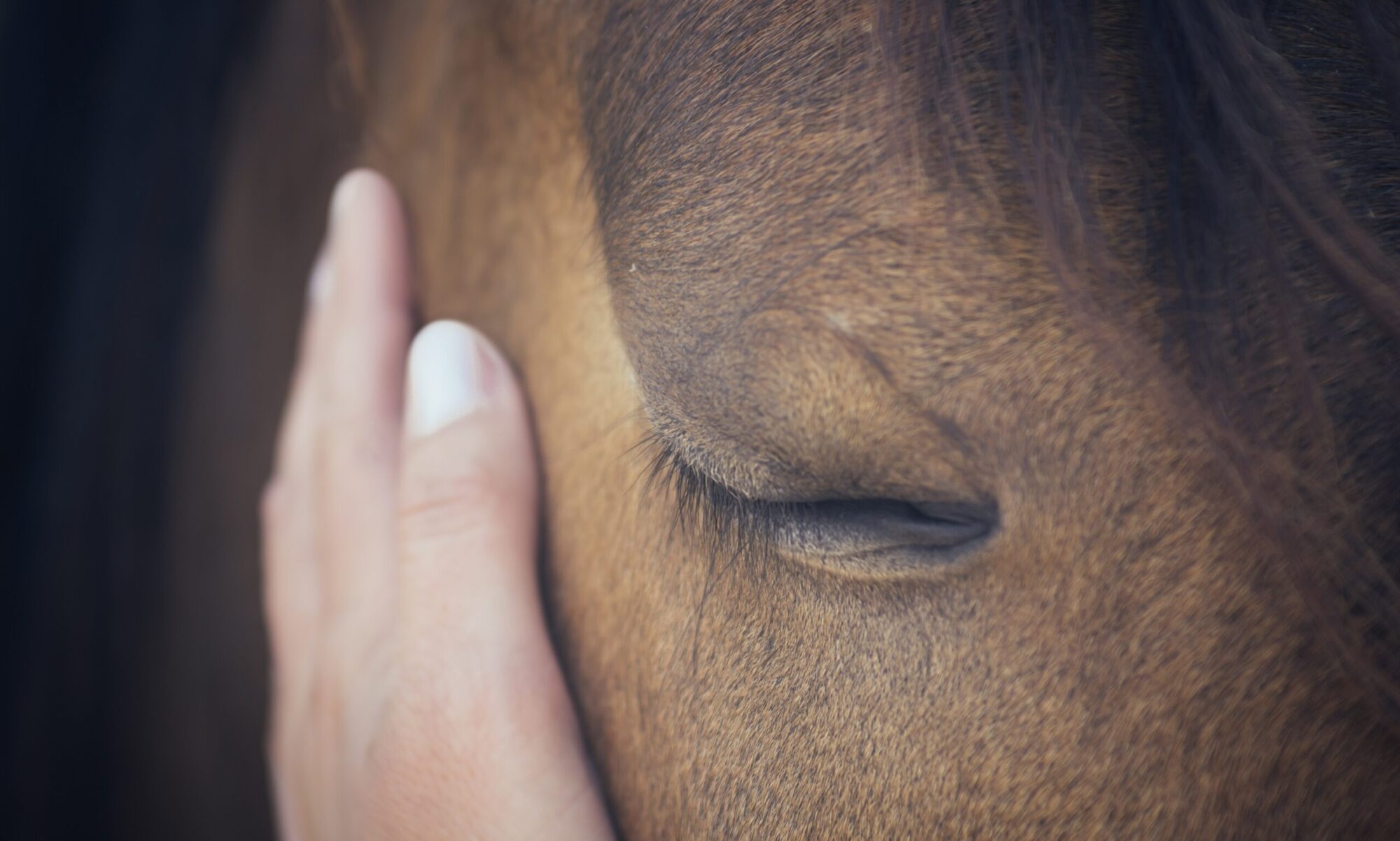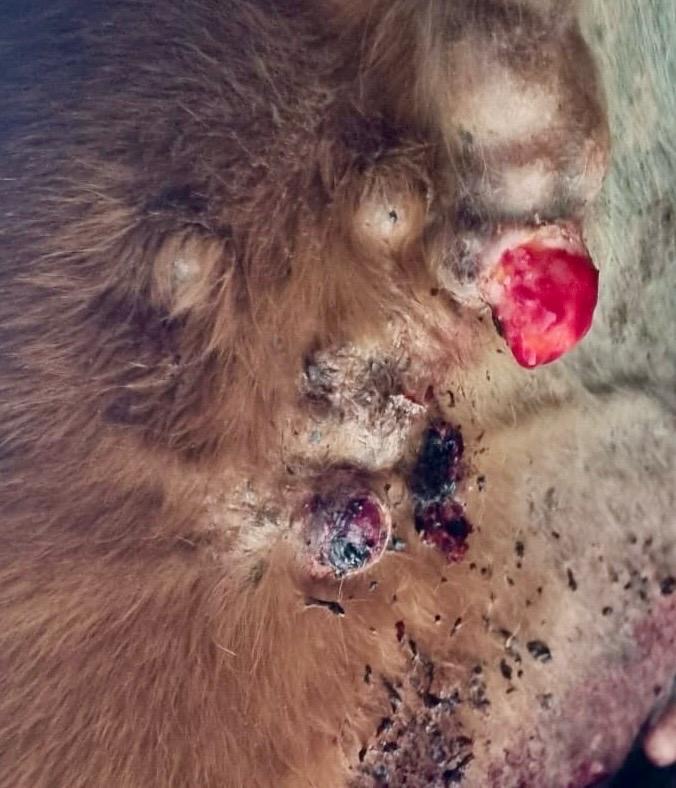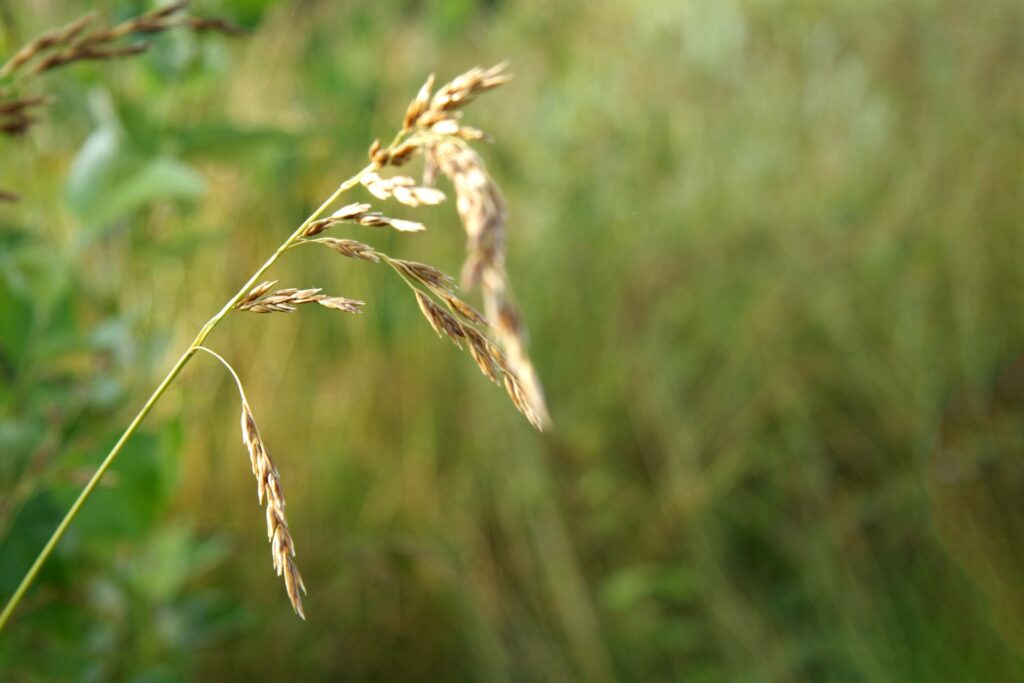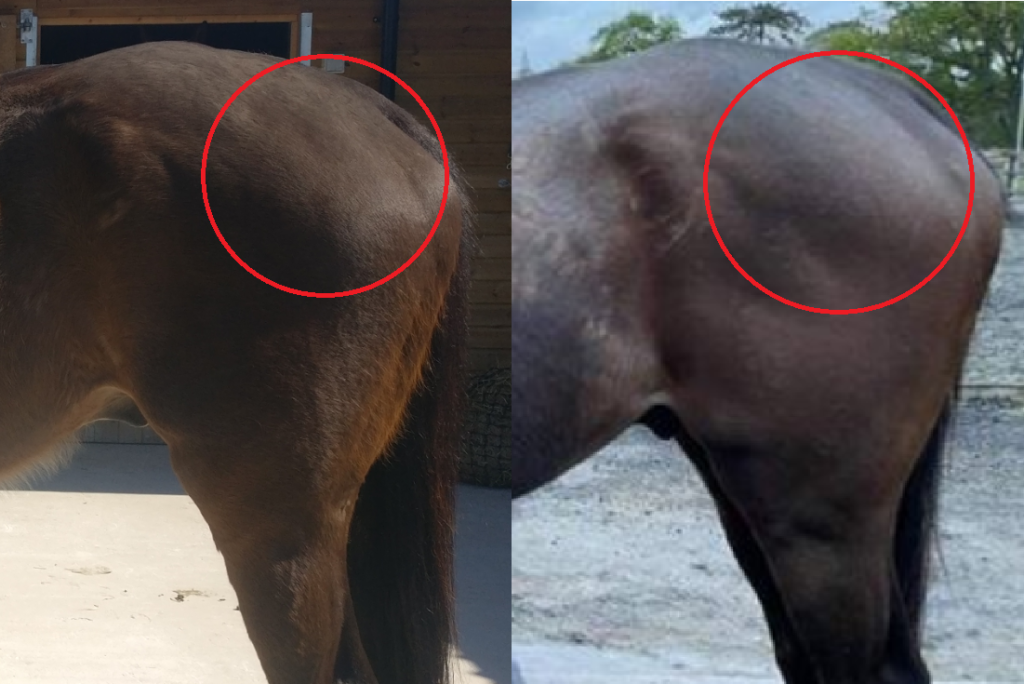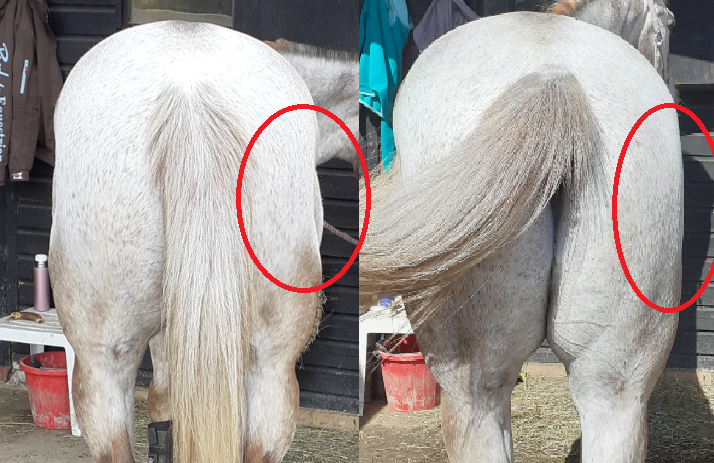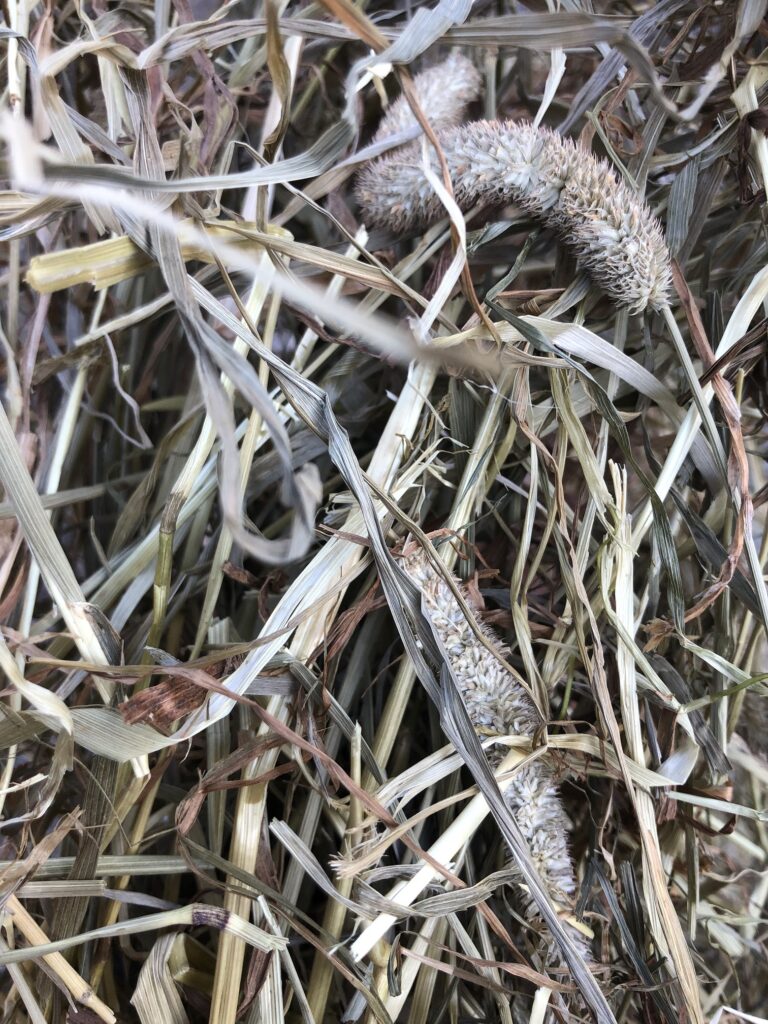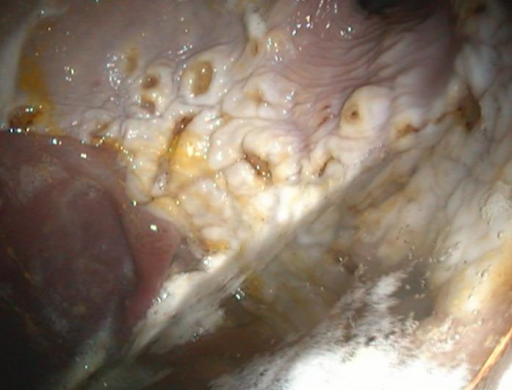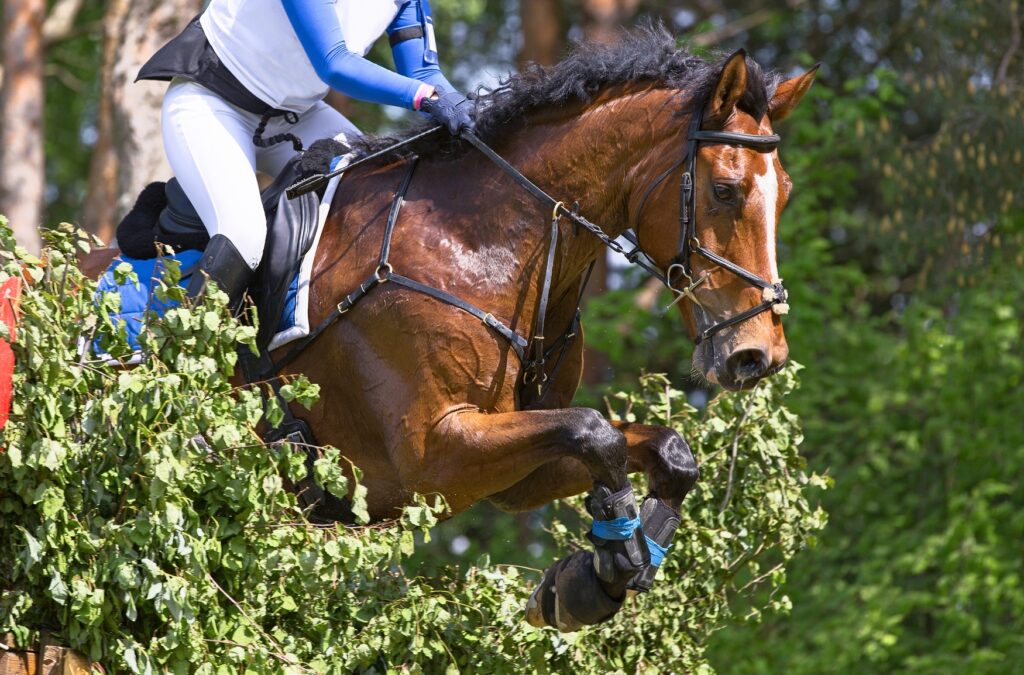
With the recent warm weather, everywhere you look there are discussions about feeding horses electrolytes, but how do you know what is true and what is fiction? Getting your electrolyte feeding facts straight will not only keep your horse healthy and performing well but could also save you money.
Here’s what the evidence tells us:
You need to feed complete electrolytes, not table salt, to replace those nutrients lost in sweat. Horses sweat not only sodium and chloride (salt), but also potassium, calcium and magnesium. All of these need to be replaced so you do need to purchase an electrolyte supplement specifically formulated for horses.
You only need to add extra electrolytes after periods of sweating. The horse’s normal diet will provide plenty of electrolytes for their general requirements and they only need extra if they have sweated due to exercise, travel or hot weather. Measure amounts fed accurately for your horse’s bodyweight to avoid over-dosing.
Pre-loading with electrolytes is not generally recommended. Feeding electrolytes before exercise to ‘pre-load’ requires very careful timing (it takes an hour for the drive to drink to kick in, and then time to get that water on board) and the horse needs to be trained to drink. If you are at a competition, for example, your horse may be likely to drink less and adding extra electrolytes before exercise will actually make your horse more dehydrated. I only recommend it in elite endurance and racing horses that have been trained to drink while competing or travelling.
You can’t rely on a salt lick. While Himalayan rock salt licks are great for enrichment, horses either use them too much or too little! For horses that take bites out of them or lick them incessantly, it’s best to avoid them.
Not all electrolytes are created equal. Electrolytes are one area where I encourage horse owners to go for a high-specification formulation. Some brands have micro-encapsulated forms, which means that the nutrients are coated so cause less irritation to the stomach lining and may be better absorbed.
Extra care is needed in horses with medical conditions, such as tying up (ERS/PSSM) or gastric ulceration. In these cases, it is essential to discuss your horse’s diet with a veterinary nutritionist, who can advise you on correct dietary management of your horse’s condition.
Electrolyte supplementation can be simple once you get the basics right and cut through the marketing / social media fictions, but if in doubt it is always best to get your horse or pony’s diet checked with an experienced equine nutritionist.
